Pacific Island Health Research Symposium
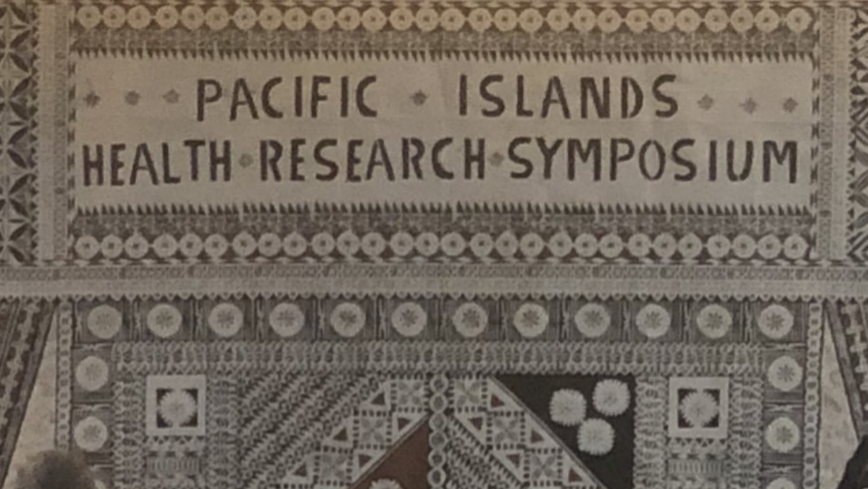
On the 29th and 30th of August the Fiji National University hosted the Pacific Island Health Research Symposium on the Coral Coast, Fiji. The Symposium was the biggest conference of its kind in Fiji, and included presentations from students and academics from Fiji, neighboring Pacific Island countries, Australia and New Zealand. A diverse range of […]
Scaling-up food policy interventions to reduce NCDs in the Pacific Islands
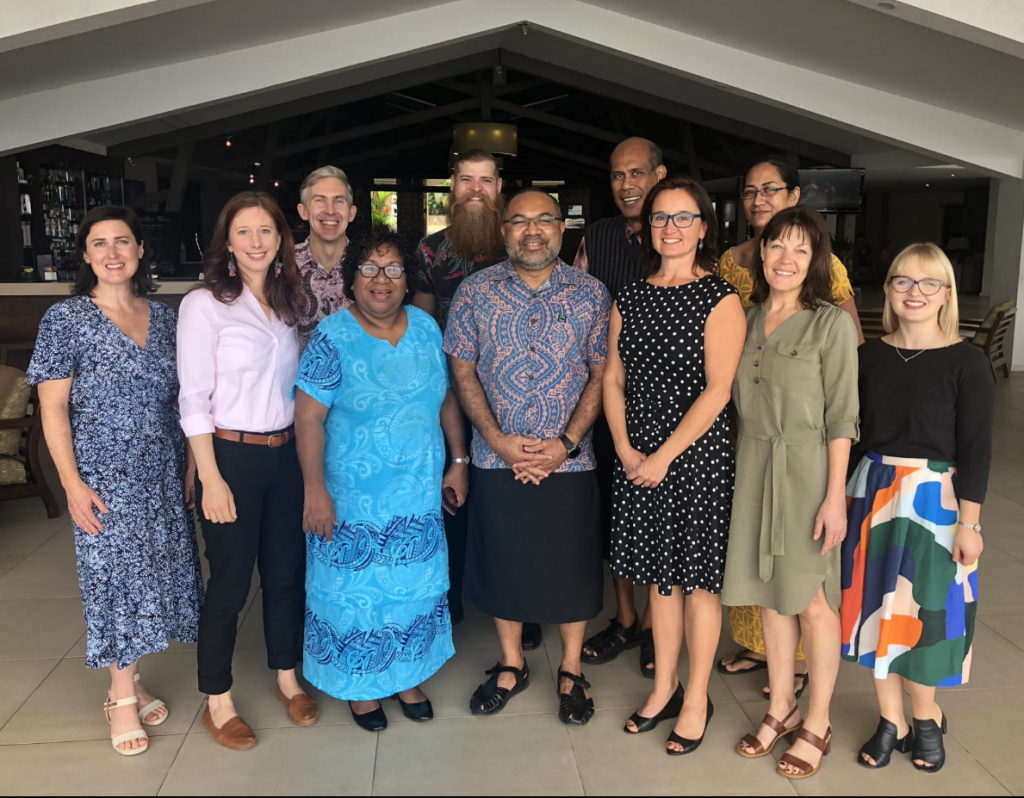
In August this year, National Health and Medical Research Council (NHMRC) grants were officially awarded through the Global Alliance of Chronic Disease (GACD) funding round, focused on scaling up interventions to reduce the burden of diabetes and hypertension. The George Institute was awarded funding in partnership with Fiji National University, Deakin University and the University […]
Use of ‘low-salt’ bread as part of a reduced salt diet important in reducing blood pressure – Ireland
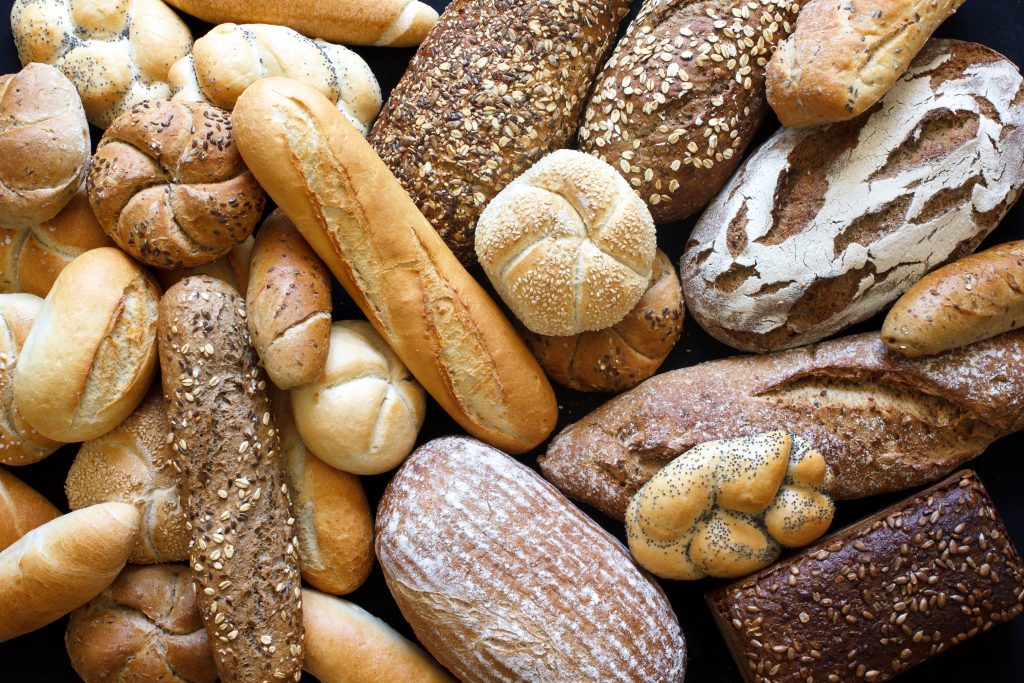
Bread is a major contributor to salt intake in Ireland. Cashman K et al recently published a study in Nutrients investigating the consumption of ‘low-salt’ bread, and its influence on blood pressure. Ninety seven adults participated in a five week cross-over study, which included salt intake estimated from 24-hr urine collections. They found that salt […]
An evaluation of the sodium content and compliance with sodium reduction targets in Costa Rica

Vega-Solano et al described the sodium levels in packaged foods and assessed the compliance of packaged foods in Costa Rica with national targets from 2015 to 2018. Costa Rica have sodium reduction targets for 6 food categories: Condiments, cookies and biscuits, bread products, processed meats, bakery products, and sauces. They found that there was a […]
Changing Sodium Knowledge, Attitudes and Intended Behaviours Using Web-Based Dietary Assessment Tools – Canada
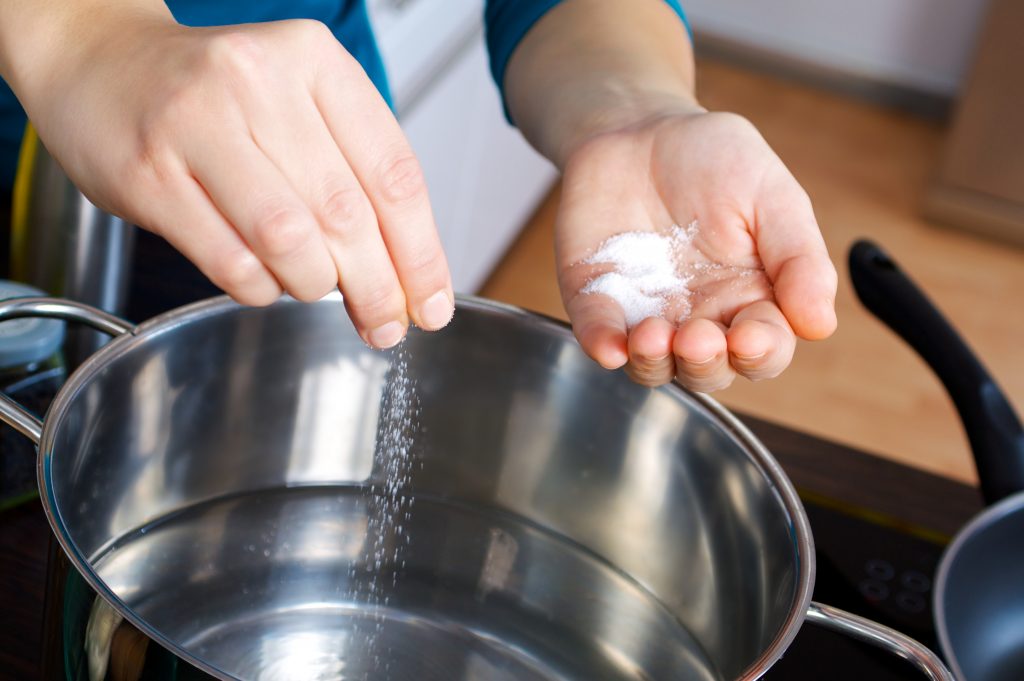
Jefferson K et al investigated the use of novel web-based tools to provide tailored feedback regarding sodium knowledge, attitudes and behaviours. 199 individuals took part in the single arm pre- and post- test study, testing the use of the Sodium Calculator and the Sodium Calculator Plus. Sodium related knowledge increased after use of both calculators, […]
Sodium intake from foods exceeds recommended limits in the Spanish population: The ANIBES Study
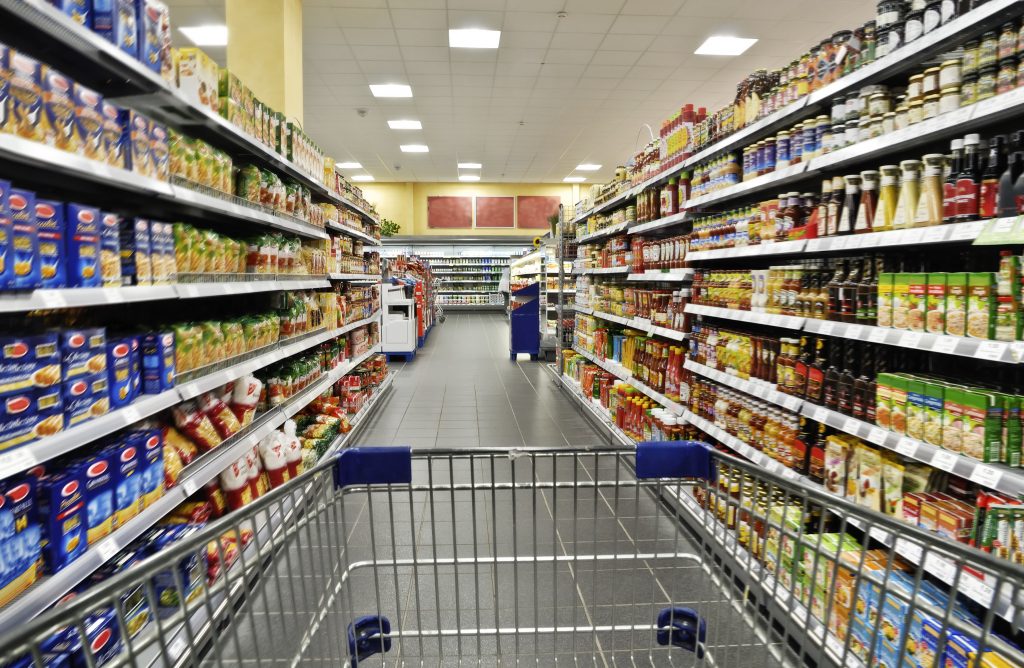
Published in Nutrients, Partearroyo et al described the contribution of foods to sodium consumption in the Spanish population from three-day food records. Sodium intake from food was estimated to be 2025mg per day, or 5.06g salt, excluding discretionary salt. The main dietary sources were meat products (27%) and cereal and grain products (26%), followed by […]
Estimating mean population salt intake in Fiji and Samoa using spot urine samples
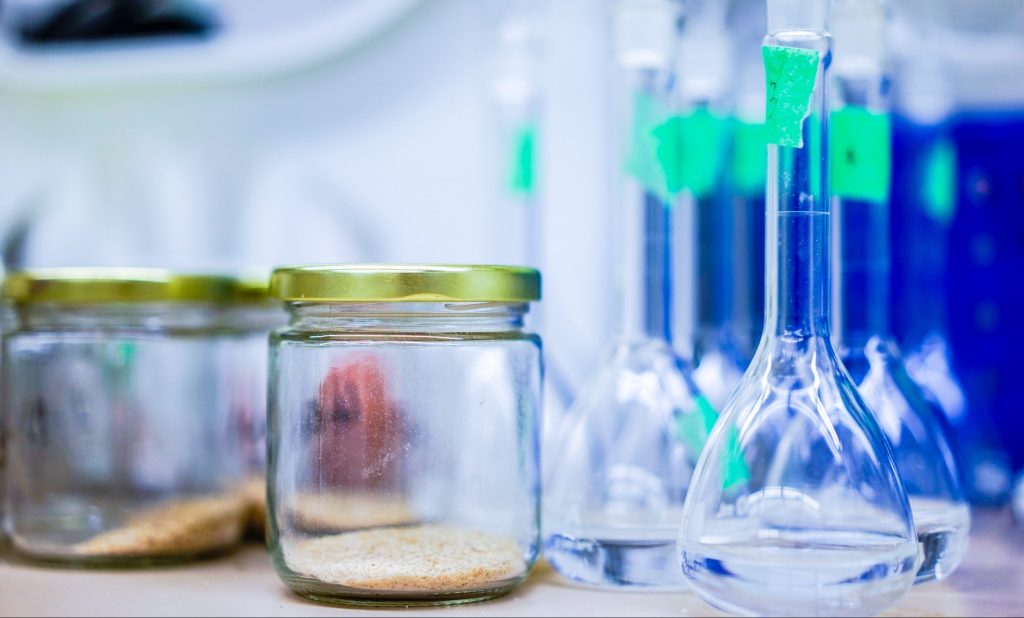
Santos JA et al estimated mean population salt intake in Fiji and Samoa using spot urine samples compared with measured salt intake from 24 hour urine samples in a sample of 414 and 725 participants from Fiji and Samoa respectively. They found that the INTERSALT equation with potassium produced the closest salt intake estimates in […]
Warning labels on salt packages and dispenses – policy statement from the World Hypertension League
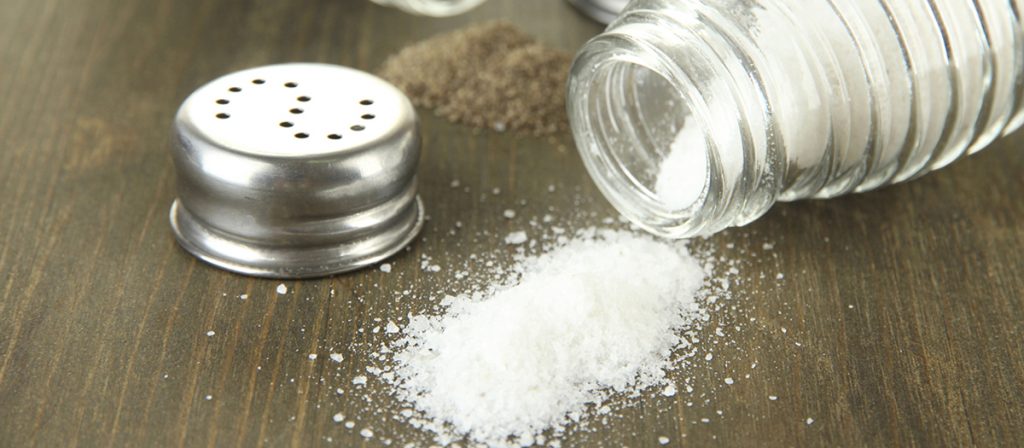
The World Hypertension League (WHL) have highlighted the need for a hard-hitting approach to dietary salt reduction given the ongoing burden of disease attributable to a high salt intake. Find the full statement here. WHL established a coalition of global experts who have called for salt packages and dispensers to carry warning labels highlighting the […]
Costa Rica – World Health Day celebration
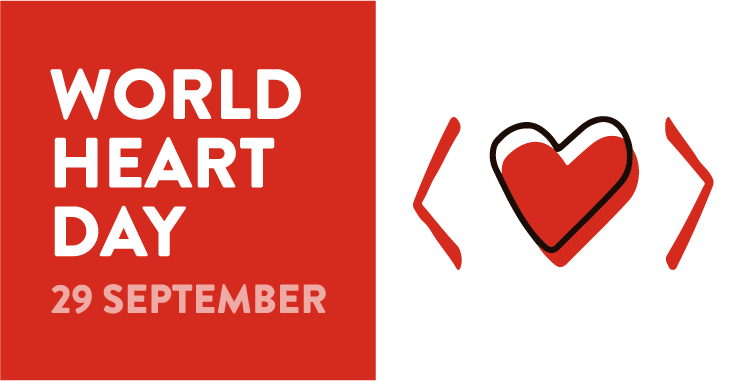
The Costa Rican team of the multi-center project “Scaling-up and evaluating salt reduction policies and programs in five countries in Latin America” launched open educational materials for World Heart Day celebrations on the 29th of September. These educational materials are intended to sensitize and develop skills in children, adolescents and their families to reduce excessive […]